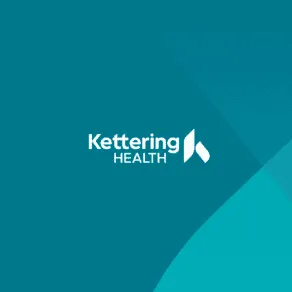Types of Heart Testing
We tailor our diagnostic testing to your individual needs and goals. Heart tests offered at Kettering Health include the following:
- Cardiac computed tomography angiography (CTA): This uses special dye and computerized scans to produce images that reveal the amount of plaque buildup in your arteries.
- Cardiac magnetic resonance imaging (cardiac MRI): This produces detailed view of your heart that can tell cardiologists if and where there is heart damage.
- Cardiac stress tests: This uses electrical, nuclear imaging, or PET (positron emission tomography) scans to show how your heart responds to exercise or simulated stress.
- Cardiac ultrasound (echocardiogram or transesophageal echocardiogram): This uses sound waves to examine your heart function.
- Electrocardiogram (EKG): This measures heart rhythm and blood flow using electrical signals.
- Nuclear multigated acquisition (MUGA) scan: This produces a computerized image of the heart as it pumps blood.
- Holter monitor: This uses wearable technology to collect data about your heart for 24 to 48 hours as you go about your daily routine.
- Upright tilt table test: This measures blood pressure, pulse, and heart rhythms as a specialist moves your body into various angled positions.





